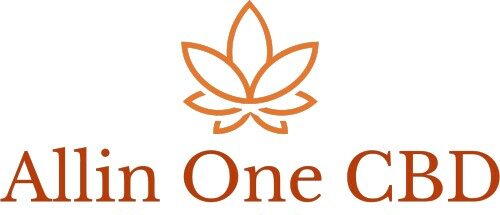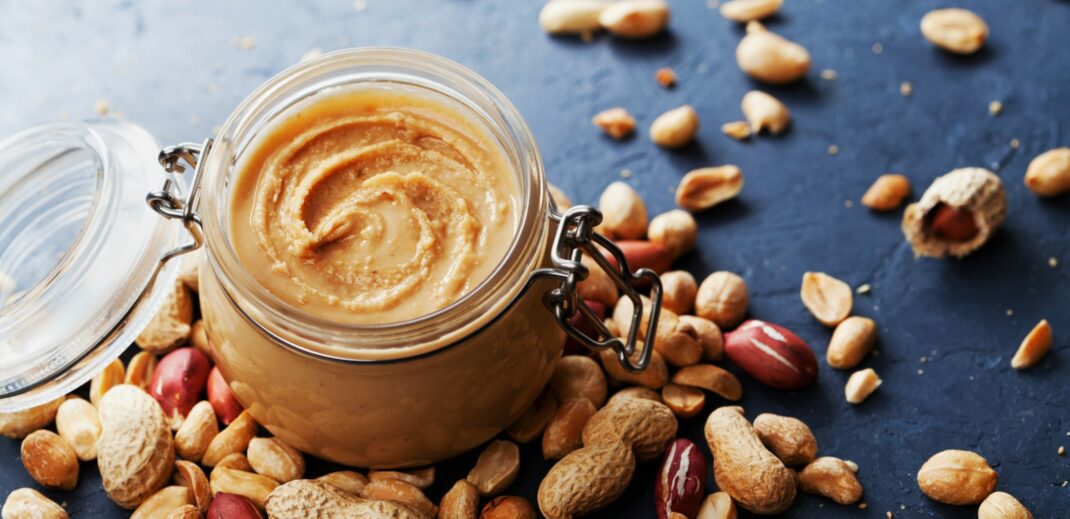Peanut butter is a popular and delicious spread made from ground peanuts. It is loved by many for its rich, creamy texture and nutty flavor. However, when it comes to weight loss, there is often confusion about whether peanut butter is a good or bad choice. In this comprehensive guide, we will delve into the nutritional aspects of peanut butter, its potential benefits and drawbacks for weight loss, and provide practical tips for incorporating it into a healthy diet.
Understanding the Nutritional Profile
To determine whether peanut butter is suitable for weight loss, it’s essential to examine its nutritional composition. Peanut butter is primarily a source of healthy fats, protein, and fiber. A typical two-tablespoon (32g) serving contains around 190 calories, 16 grams of fat (including monounsaturated fats), 8 grams of protein, and 2 grams of dietary fiber. Additionally, peanut butter contains essential vitamins and minerals like vitamin E, magnesium, and potassium.
The Role of Healthy Fats in Weight Loss
Contrary to popular belief, dietary fat can be beneficial for weight loss when consumed in moderation. Healthy fats, like the monounsaturated fats found in peanut butter, have been associated with improved heart health, satiety, and weight management. These fats can help you feel fuller for longer, reducing the temptation to snack on unhealthy foods. However, it’s important to keep portion sizes in check as the calorie content of fats is high, and overconsumption can hinder weight loss efforts.
Protein and Satiety
Protein is known as the building block of muscles and is crucial for various bodily functions. Including an adequate amount of protein in your diet can be beneficial for weight loss due to its impact on satiety and metabolism. Peanut butter offers a decent protein content, which can help curb hunger and promote feelings of fullness. By including protein-rich peanut butter in your meals or snacks, you may be less inclined to overeat, thereby supporting your weight loss goals.
Fiber Content and Digestive Health
Fiber is an essential nutrient that aids in digestion, promotes bowel regularity, and contributes to a feeling of fullness. While peanut butter does contain a small amount of dietary fiber, it is not as rich in fiber as whole peanuts or other high-fiber foods. To ensure adequate fiber intake for weight loss and overall health, it is advisable to incorporate a variety of fiber-rich fruits, vegetables, legumes, and whole grains into your diet alongside peanut butter.
Calorie Considerations
Weight loss ultimately boils down to maintaining a calorie deficit, where you consume fewer calories than you burn. While peanut butter is energy-dense due to its fat content, it can still be a part of a calorie-controlled diet. The key is to moderate your portion sizes and be mindful of your overall calorie intake. For example, using a tablespoon of peanut butter on a slice of whole-grain bread as a snack or part of a meal can provide a satisfying and nutritious option without derailing your weight loss efforts.
Choosing the Right Peanut Butter
When it comes to peanut butter for weight loss, not all options are created equal. It’s important to choose natural or homemade peanut butter that contains minimal additional ingredients. Many commercially available peanut butters may contain added sugars, hydrogenated oils, and excessive salt. Reading labels carefully and opting for brands that have no added sugars or unhealthy additives is the best way to ensure you are making a nutritious choice.
Now that we understand the nutritional aspects of peanut butter and its potential benefits for weight loss, let’s explore some practical ways to incorporate it into a balanced diet:
Portion Control: Stick to the recommended serving size of two tablespoons to avoid excessive calorie intake.
Pair with Whole Foods: Spread peanut butter on whole-grain toast, apple slices, or celery sticks to add flavor and nutritional value to your meals or snacks.
Balanced Meals: Include peanut butter as part of a well-rounded meal that includes lean protein, whole grains, and vegetables to ensure you’re getting a balanced nutrient profile.
Nutritious Smoothies: Add a tablespoon of peanut butter to your favorite smoothie recipe for a protein and flavor boost.
Smart Snacking: Use peanut butter as a dip for carrots, cucumber slices, or whole-grain crackers to create a satisfying and nutritious snack.
Conclusion
Peanut butter can indeed be a part of a weight loss diet when consumed in moderation and as part of a balanced eating plan. Its combination of healthy fats, protein, and fiber can contribute to feelings of fullness and satisfaction, making it easier to adhere to a calorie-controlled diet. Remember to choose natural varieties without added sugars or unhealthy additives, and be mindful of portion sizes to keep your overall calorie intake in check. As with any dietary changes, it’s best to consult with a healthcare professional or registered dietitian to ensure it aligns with your individual health and weight loss goals.
- Top CBD Options for Dogs An In-Depth Review By The Veritas Farms - September 11, 2024
- The Ultimate Guide to the Best CBD Oil In-Depth Review By CBD Pure - September 3, 2024
- Conquering the Outdoors: My Personal Adventure with the Vessel Expedition Series! - July 25, 2024

